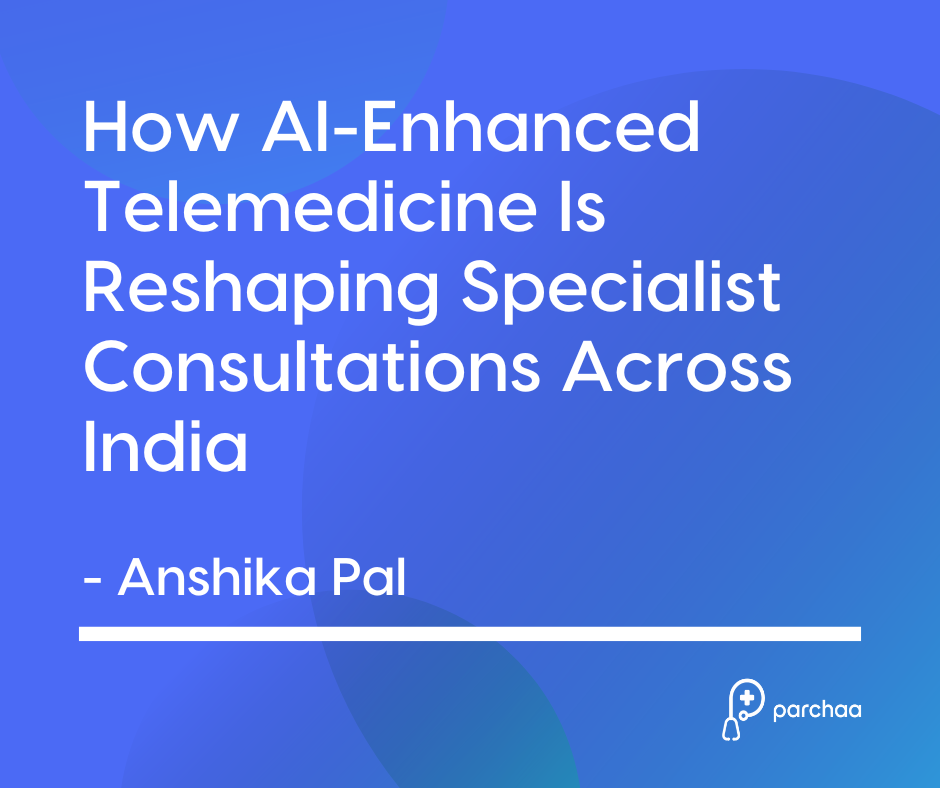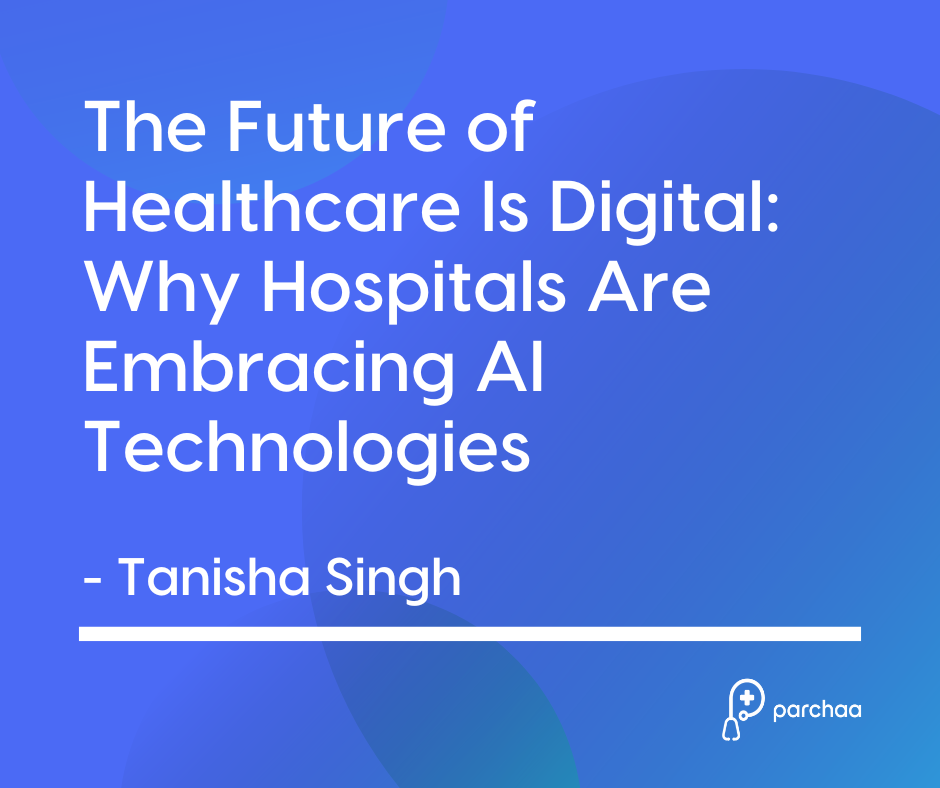Contact Us
If you have any questions, feedback, or need assistance, our dedicated support team is here to help.

AI-helpful tool for doctors
AI transforms healthcare: early disease detection, personalized treatment, virtual assistants empower doctors, elevate patient care.
.webp)
The field of healthcare has witnessed a streamline of improvements with the interference of AI. In its fast-paced world of healthcare, Artificial Intelligence (AI) has emerged as a ground-breaking tool, revolutionizing the way doctors diagnose, treat, and care for patients. This transformative technology is not just a buzzword but a powerful ally for healthcare professionals by enhancing their capabilities and improving patient outcomes.
Early Diagnosis and Predictive Analytics:
AI algorithms analyse vast amounts of medical data, helping doctors detect diseases at an early stage. Predictive analytics can identify potential health risks, allowing physicians to intervene proactively and prevent the progression of illnesses. This early detection significantly improves the chances of successful treatment and patient recovery.
Personalized Treatment Plans:
AI tailors treatment plans based on individual patient data, considering factors like genetics, lifestyle, and medical history. This personalized approach maximizes treatment effectiveness, minimizes side effects, and ensures a higher level of patient satisfaction. Doctors can now offer more targeted and efficient care, improving overall health outcomes.
Virtual Health Assistants:
AI-powered virtual assistants provide doctors with instant access to relevant information, research findings, and treatment guidelines. This quick access to a vast database enables healthcare professionals to stay updated on the latest medical advancements and make well- informed decisions during patient consultations.
Drug Discovery and Research:
AI accelerates the drug discovery process by analysing vast datasets and predicting potential drug candidates. This not only reduces the time and cost of drug development but also opens doors to innovative and more effective treatments for various diseases.
Streamlining Administrative Tasks:
AI streamlines the administrative workload for doctors, allowing them to focus more on patient care. Automated processes handle tasks such as appointment scheduling, billing, and paperwork, reducing administrative burdens and improving overall efficiency in healthcare facilities.
Remote Monitoring and Telemedicine:
AI facilitates remote monitoring of patients, allowing doctors to track vital signs and other health parameters in real-time. Telemedicine, powered by AI, enables virtual consultations, making healthcare accessible to individuals in remote locations and enhancing overall patient convenience.
Imaging and Diagnostics:
AI plays a crucial role in medical imaging and diagnostics. Advanced algorithms analyse radiological images, pathology slides, and other diagnostic data with incredible precision. This not only speeds up the diagnostic process but also enhances accuracy, helping doctors make more informed decisions about treatment options.
Conclusion:
AI is not replacing doctors but empowering them with tools that enhance their capabilities, improve efficiency, and elevate the standard of patient care. With continuous evolution of the synergy between AI and healthcare, we can expect even more ground-breaking advancements that will shape the future of medicine. It will be not wrong to say that AI precedes healthcare as a ground for many unexpected achievements.


